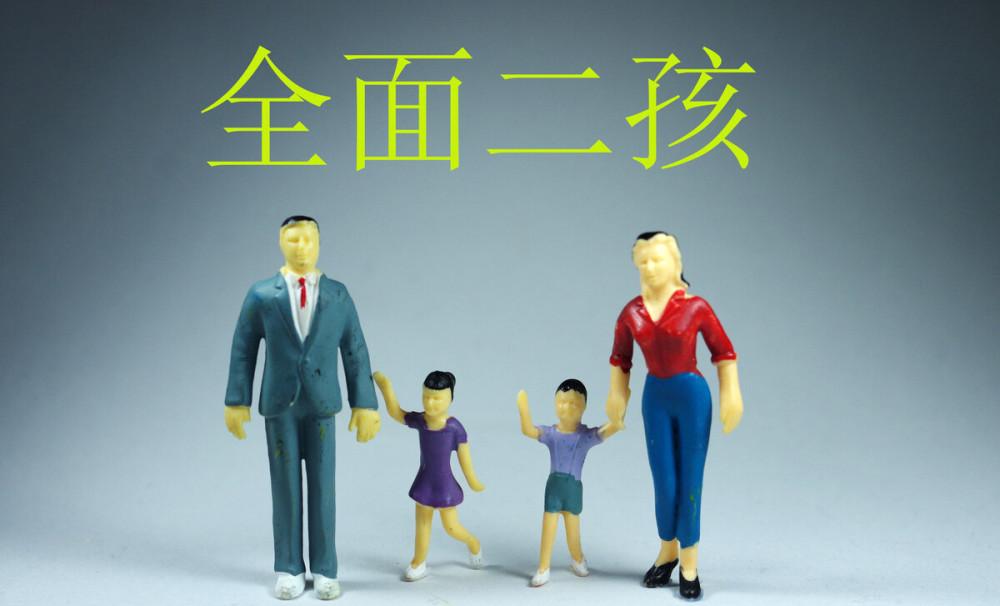Although few parents will admit it verbally, in fact, the phenomenon of favoring a certain child is not only in China, but also in parents all over the world. How exactly do we see this?

From the moment her second son was born, Joanna knew she had a preference for one of them. The mother, who lives in Kent, England, said she loved both children, but the second "understood" her in a way that the eldest did not have.
When Joanna's first child was born, the baby was rushed away due to health problems and she didn't see her for 24 hours. She felt that missing this precious period of intimacy had led her to begin to favor her second child. She could be with her second son immediately after he was born.
"To sum up our relationship: To speak to our eldest daughter, we have to make an appointment first," said Joanna, who did not reveal her full name to protect her child. "My little son, I could call him at 2:30 in the middle of the night and he would drive miles to pick me up. My youngest son is the best man in the world. He cares about others, is generous, polite and friendly. He's the kind of guy who's willing to help anyone out of trouble.
In China, the more pervasive problem is patriarchal preference, a deep-seated problem that stems from ancient agrarian societies. Families need male labor, and the paternal system needs to be passed down from generation to generation, so boys are more pampered. In Guangdong, there is also a proverb: oysters pull the heart and liver. The literal meaning of the word nái is the last son.
Most parental preferences are subtle and won't be mentioned. Having a child you like better may be the biggest taboo for parents, but research shows that most parents do have a favorite child.
There is plenty of evidence that being the least popular child fundamentally shapes character and leads to fierce rivalries between siblings, but research also shows that most children can't tell who their parents' favorite child really is. The real question, then, is how parents manage the parental favoritism that their children may feel.
Jessica Griffin, an associate professor of psychiatry and pediatrics at the University of Massachusetts School of Medicine, said: "Not all parents have favorite children, but many have. "The data shows that moms prefer children who share similar values and are more family-oriented than those who are ambitious or enterprising."
Whatever the reason, some studies have shown that many parents favor their children, whether they admit it or not. One study showed that in the UK, up to 74% of mothers and 70% of fathers showed a preference for their own child.
For most people, though, the topic is still off-limits. In another survey, only 10 percent of parents admitted they had a favorite child, suggesting that for most parents, the feeling of preference remains a strictly guarded family secret.
When parents acknowledge which child they prefer, studies have shown that birth order plays an important role in which child they prefer.
According to the survey, parents who admit to having a favorite child show an overwhelming preference for babies at home, with 62 percent of parents with two children choosing the youngest. Of parents with three or more children, 43 percent preferred to choose the youngest child, one-third chose the second child, and only 19 percent preferred the eldest.
Dr. Vijayeti Sinh is a clinical psychologist at Mount Sinai Hospital in New York City. Preference for young children, she says, is often associated with social and emotional skills, which in turn is related to birth order — as parents gain more practice in raising their children, they have better ideas about how to shape the childhood of their offspring, and what attributes are the most important inheritances.
"Parents tend to favor children who are most like themselves, reminding them of themselves, or representing what they see as successful parenting," she said. Over time and with the accumulation of experience, parents with younger children are more likely to be more confident and skilled in parenting. ”
Most of the time, children may simply not know that their parents prefer their siblings. In one study, those who claimed that their parents liked their children the most were surveyed, and surprisingly, four out of five people claimed that their siblings were more favored than themselves — an unlikely statistic. Other studies have shown that children misjudge who is the most liked child in more than 60% of cases.
Of course, parents may be much smarter than you think when it comes to hiding their preferences. Or, as Griffin says, we're just not good at guessing who the real darlings are.
"Although you might think that children instinctively know if a parent has a favorite child and who that child is, the data is surprising," she said. Children may think that the eldest in the family or 'baby' is the most popular, or that the eldest or 'baby' in the family has excellent grades, which puts less pressure on the parents. In practice, however, parents may have different reasons for this preference — such as preference for the children who struggle the most, or the children who are most similar to them. ”
Griffin believes that it is perfectly acceptable, even expected, that parents have a preference, and that parents should not feel guilty if they find themselves closer to a child. She said that while children who consider themselves the least popular tend to have lower self-esteem and higher chances of depression, in most cases, children don't know which sibling their parents prefer. Maybe it doesn't really matter who the most popular kid is.